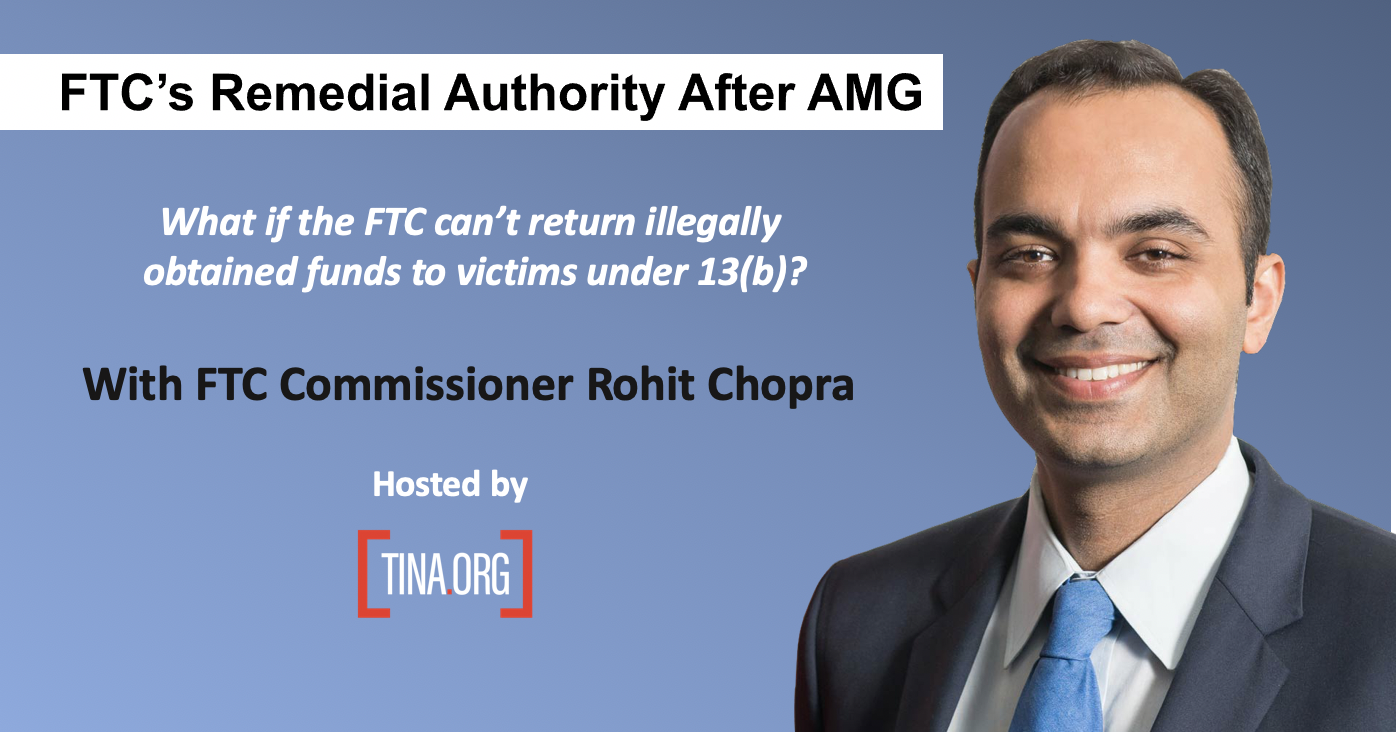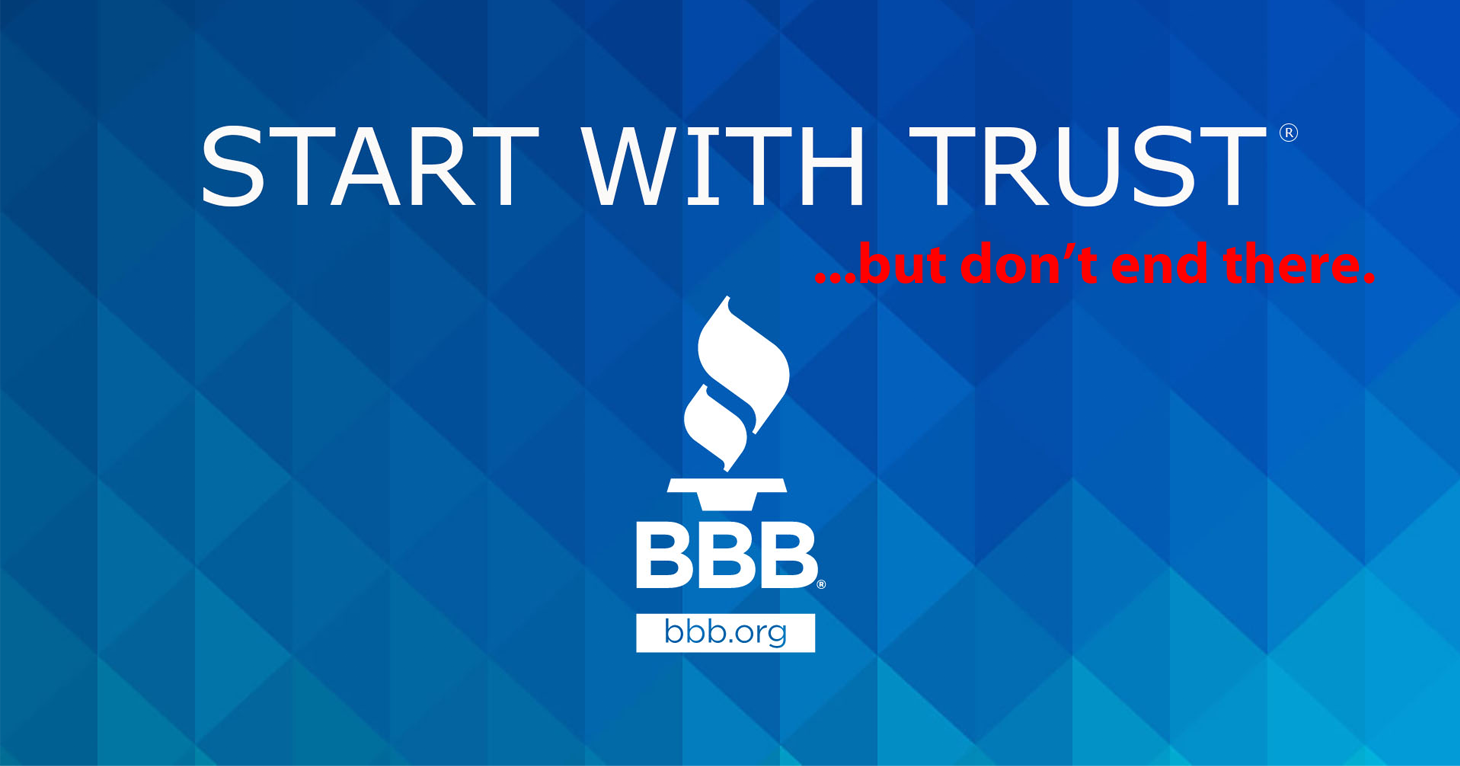
The Cost of Doing Business
Comparing the amount companies agree to pay to settle deceptive marketing charges with their annual revenue.
Experts weigh in on how to avoid being a victim of these latest campus scams.
Buddy Peaster has seen college students fall victim to all sorts of scams in his 30-plus years in campus enforcement.
The chief of police at Middle Tennessee State University says college kids are a typical target for scammers because they are quick to share personal information — both online and in person.
Peaster says the latest scam to hit his campus — and possibly others across the country — is aimed at women who are misled into buying phones under their own plans in exchange for cash with the false promise that they won’t incur any additional usage charges.
“I can only buy so many, you got an account,” Peaster says is the pitch, generally made by a smooth-talking male in his early to mid-20s. “They convince them that the phone won’t be used under their plan and even if they are, you aren’t using it, so all you have to do is file a police report.”
Peaster says the women are paid between $200 and $700 — depending on the number of phones they purchase — but the charges that inevitably end up on their cellphone bills are upwards of $1,000. So, in time, they’re in the red.
It appears that the perpetrators are shipping the phones overseas, he said.
The deceptive phone scam is just one that college students and parents should be aware of as classes begin this semester. Here are some more:
Scholarship schemes
Never say never, unless it’s paying to apply for a scholarship.
“If you have to pay money to get money, it’s probably a scam,” says Mark Kantrowitz, a financial aid expert and senior vice president and publisher of edvisors.com. “Never invest in more than a postage stamp.”
A typical scam might ask you to pay a small fee to apply for the chance at one of 180 $1,000 scholarships, Kantrowitz says. But if 100,000 people apply, then someone’s pocketing the difference and, to be sure, it’s not you.
The FTC says students should question scholarship offers that are advertised as “guaranteed or your money back,” or ones that claim, “We’ll do all the work. You just pay a processing fee.”
Kantrowitz says the prevalence of these scholarship schemes has waned since Congress passed the College Scholarship Fraud Prevention Act of 2010, but they’re still out there. He lists several scholarship matching services, which are free, on his website.
Read more about scholarship scams here.
Questionable business opportunities
College students strapped for cash may find a pitch to earn extra income quite appealing but academics are warning students about questionable multi-level marketing (Multilevel Marketing – a way of distributing products or services in which the distributors earn income from their own retail sales and from retail sales made by their direct and indirect recruits.) companies recruiting on college campuses.
Stacie Bosley, an economics professor at Hamline University in St. Paul, Minn., says she has contacted Big Ten colleges about creating a program for students to educate them about MLMs, pyramid schemes and shady businesses. She says several MLM companies are actively contacting Hamline students.
In 2013, William Keep, the dean of the business school at The College of New Jersey, issued a warning to students about Vemma, an Arizona-based MLM recruiting students on campus with its Young People Revolution. (In 2016, Vemma reached a $238 million settlement with the FTC, which alleged it was operating a pyramid scheme.)
Bosley says she talks to students from an entrepreneurial perspective about a particular MLM’s business model, the risk of losing money based on a company’s income disclosure statements, and the morality of any questionable tactics used by a company.
Experts advise students to research the particular company that contacts them, read up on the differences between legitimate MLMs and pyramid schemes and to contact college officials if they have concerns. For more on what to ask, click here.
Supposed student loan debt relief
Scammers aren’t dumb. They know that nearly 40 million Americans owe $1.2 trillion in student loan debt. So they’ve zeroed in on that vulnerable population, offering loan consolidation and repayment services for upfront fees.
“These advertisements appeal to borrowers who are struggling to repay their student loans but who are unaware of their repayment options,” Kantrowitz writes in a post on edvisors.com. “Borrowers can consolidate their federal student loans for free at StudentLoans.gov. They can also obtain flexible repayment plans, such as extended repayment and income-based repayment, without needing to pay a fee.”
In July, Illinois Attorney General Lisa Madigan filed lawsuits against two companies, First American Tax Defense LLC and Broadsword Student Advantage LLC, claiming that the unlicensed operations illegally charged vulnerable borrowers hundreds of dollars in upfront fees for loan repayment services that were bogus.
Madigan’s lawsuits allege that both companies falsely claimed affiliation with the U.S. Department of Education, and that First American specifically advertised an “Obama forgiveness program” that is not an actual program.
The federal government does have a program, Health Care and Education Reconciliation Act of 2010, which aims to reduce monthly payments and forgive any remaining debt after 20 years, or after 10 years, for students now working in public service jobs who haven’t missed any monthly payments.
Free services are also available online at Consumer Finance Protection Bureau and the National Consumer Law Center websites.
Gainful employment post graduation
And now a warning for undergrads looking to further their education after they get their bachelor’s degree.
David Reischer, founder of LegalAdvice.com, has a problem with the way some schools market “gainful employment” numbers to prospective students and their parents. His advice: Don’t let these figures be the deciding factor in attending one school over another.
“It is not uncommon to have less than 10 percent of the student body actually respond to a questionnaire,” Reischer says, “yet the data represented by the school makes it seem as if the number of students that have ‘gainful employment’ upon graduation is representative of the entire graduating class.”
Unfortunately, third-party publishers such as the U.S. News & World Report and Princeton Review, which claim to run independently of the schools they rank, only exacerbate the inaccuracies, Reischer says.
“These publications merely parrot the statistics provided by the schools of higher learning,” he says.
Study-abroad transparency
Nearly 300,000 U.S. students studied abroad for academic credit in the 2011-12 school year. While that’s only about 1 percent of the overall higher education population, it’s still a lot of students trusting that their school isn’t giving them a raw deal.
But are they getting a good deal? A proposal in the New York State Assembly would require schools to disclose in writing any perks the colleges receive from study-abroad programs and the actual costs to the school for their student’s participation.
“They work out a deal that is lower than their tuition, but the student pays normal tuition,” Ken LaValle, chairman of the Higher Education Committee, reportedly told the Albany Times Union.
Amid concerns that schools are raking in the difference between the actual cost and the one they charge, the legislation aims to “encourage transparency by informing students about the nature of a particular institution’s relationship with a study-abroad program.”
Safeguarding identity information
Social security numbers are an identifier often required for college forms, student loans, employment, and apartment applications. But giving the number out — as is the case with any personal information — is not without risk. Here are some steps students can take to protect themselves from identity theft.
Students should also monitor bank and credit card statements regularly (and dispute any unauthorized charges), employ different user names and passwords online, and make sure their computer virus software is up-to-date.
RELATED: What to do if you become a victim of identity theft
And students should also think twice about paying for identity theft protection (see our post on LifeLock). All three credit-reporting bureaus — Experian, Equifax, TransUnion — offer fraud alert services for free and are required by law to make one free credit report copy eligible per year to consumers.
Oh, and one more thing: When searching for off-campus housing on Craigslist, if it seems too good to be true, it probably is.
This article was originally published in August 2014.
Comparing the amount companies agree to pay to settle deceptive marketing charges with their annual revenue.
In case you missed it, watch the webinar with FTC Commissioner Rohit Chopra.
Researching a company shouldn’t be one-stop shopping.


